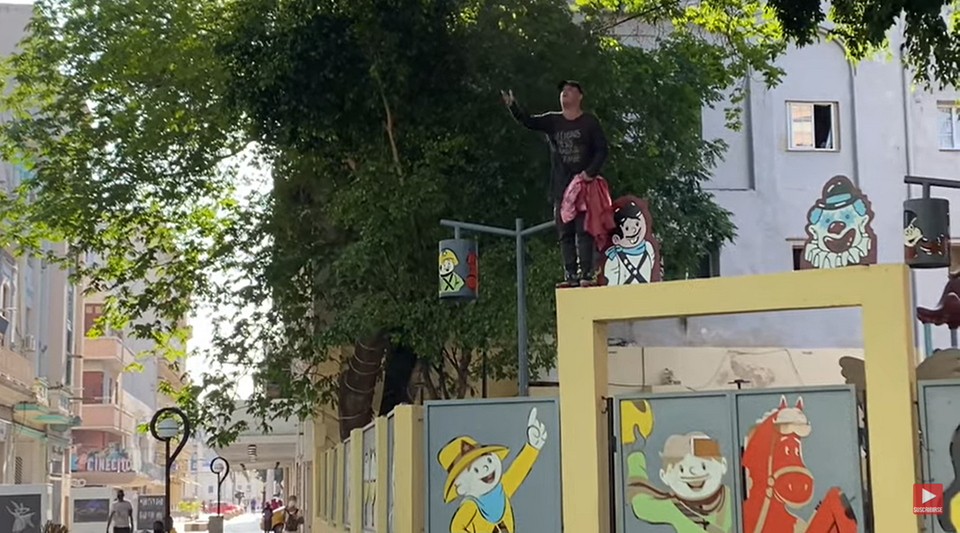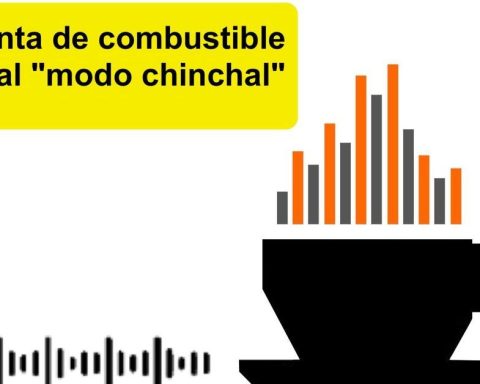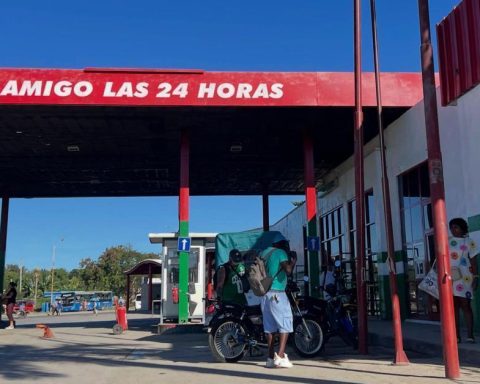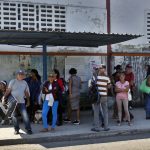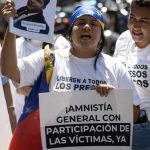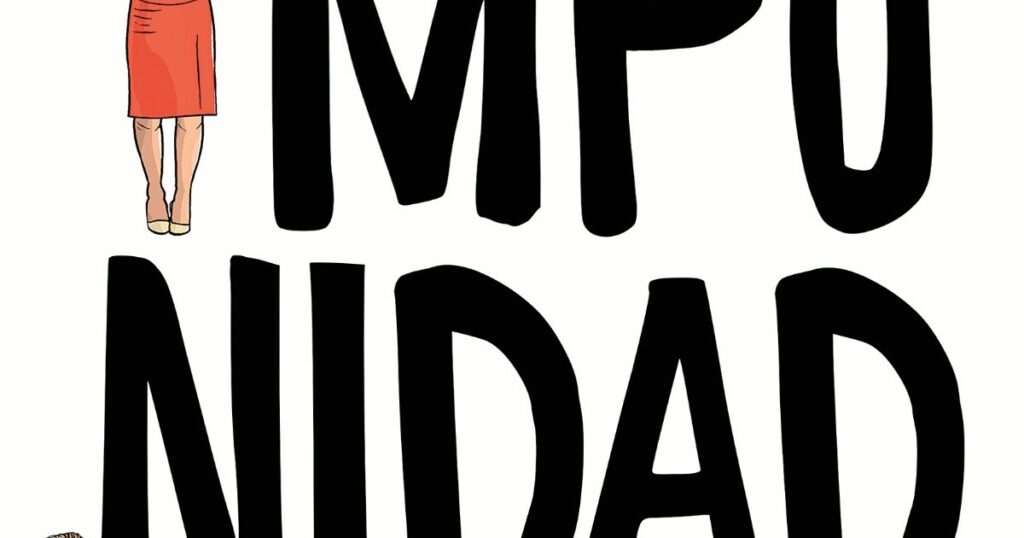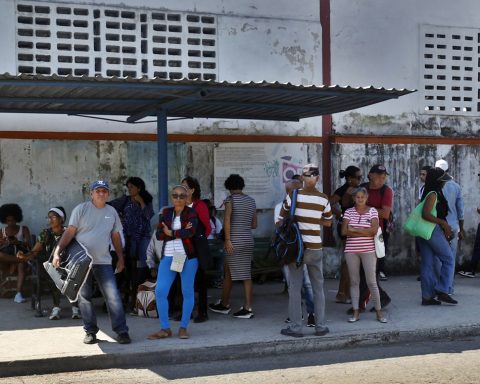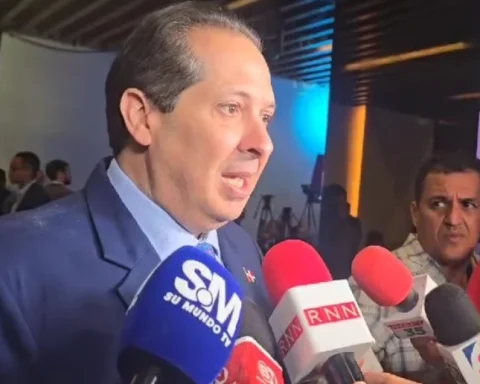(EFE). -Last April, 293 public protests were registered in Cuba, more than the 232 in March. The figures “confirm an upward trend” on the island, according to a report by the Cuban Conflict Observatory (OCC) released this Monday.
According to the text, last April there was an average of almost 10 daily protests, which means an increase of three per day compared to the previous month.
In addition, compared to April 2021, when there were 203 protests – two and a half months before the July 11 anti-government protests – an increase of 44% is shown.
Of the 293 protests in April, 194 occurred in defense of political and civil rights, “mainly in rejection of repression and judicial and prison arbitrariness against peaceful protesters”
Of the 293 protests in April, 194 occurred in defense of political and civil rights, “mainly in rejection of the repression and judicial and prison arbitrariness against peaceful demonstrators on July 11,” the report details.
Also, 99 occurred in defense of economic, social and cultural rights, “mostly against inflation, the collapse of the health system and shortages.” The latter doubled in relation to the previous month, says the document.
The text of the OCC, an autonomous project of civil society supported by the Foundation for Human Rights in Cuba, highlights how the preparations for the parade this past Sunday on the occasion of May Day were carried out “under coercive measures in order to guarantee massive turnout.”
He cites as an example a document that circulated within the health sector where the appointment of “political agitators” is mentioned to guarantee the “combativeness” of the march and of “revolutionary activists” for “monitoring and confronting any provocation.”
“The figures compiled by the OCC in April belie the export image of a popular parade of homogeneous revolutionary reaffirmation,” says the organization.
The traditional parade for International Labor Day in Cuba returned after two years suspended due to the pandemic with tens of thousands of people chanting slogans and carrying signs in favor of the Government.
Former President Raúl Castro, totally retired from political life in 2021, made an appearance at the event, in which he expressed his “joy” and “hope” in his successor at the head of the Cuban Government and the Communist Party, Miguel Díaz -Canel.
The OCC compares “the alleged massive support for the regime” during the parade with other similar historical cases “on the eve of a change”
However, the OCC compares “the alleged massive support for the regime” during the parade with other similar historical cases “on the eve of a change.”
The comparison is based on the parades and demonstrations to celebrate the anniversary of communist Germany shortly before the fall of the Berlin Wall (1989), or those called in Romania by the country’s president, Nicolae Ceausescu, in support of the XIV Congress of his party, “barely a month before a military and civilian rebellion overthrew that regime and shot the dictator and his wife”.
“The Cuban power elite (…) did not learn from that lesson and continues to focus, like Ceausescu, on (…) intensifying repression and generating false positives of popular support – like the May Day parade – but not to reverse the disastrous policy that leads them to the cliff,” the OCC report concludes.
This idea is reinforced by the report by Cubalex and Justicia 11J, also published this Monday, in which it is stated that the Cuban government committed at least 80 acts of “repression in the context of May Day.”
The document, based on the testimonies of those affected, records different types of “repression” against opponents, activists and independent journalists between April 26 and 6 p.m. on May 1.
Cubalex and Justicia 11J argue that these actions were related “to the State’s concern that the traditional celebration could have been ‘destabilized’ by the presence of dissident voices in the streets.”
Among the actions denounced by these organizations, “police surveillance/surveillance” (28 cases), “arrests” (13), “appointment/interrogation” (12), “warnings” (8) and “fines” stand out. (3).
Cubalex and Justicia 11J argue that these actions were related “to the State’s concern that the traditional celebration could have been ‘destabilized'”
Cubalex and Justicia 11J report on the case of the director of this newspaper, Yoani Sánchez, who denounced that her internet connection was interrupted after “State Security” spread her telephone number “on networks” and that of the boss editorial of 14ymedioReinaldo Escobar, “as if they were selling foreign currency.”
According to the document, the leader of the Ladies in White, Berta Soler, and her husband, Ángel Moya, were also prevented from traveling the day before the parade from the house where they were staying to the organization’s headquarters.
Members of the Ladies in White have been arrested in the previous 13 weekends while trying to leave their headquarters in Havana, as they themselves have reported on social networks.
________________________
Collaborate with our work:
The team of 14ymedio is committed to doing serious journalism that reflects the reality of deep Cuba. Thank you for joining us on this long road. We invite you to continue supporting us, but this time becoming a member of our journal. Together we can continue transforming journalism in Cuba.
